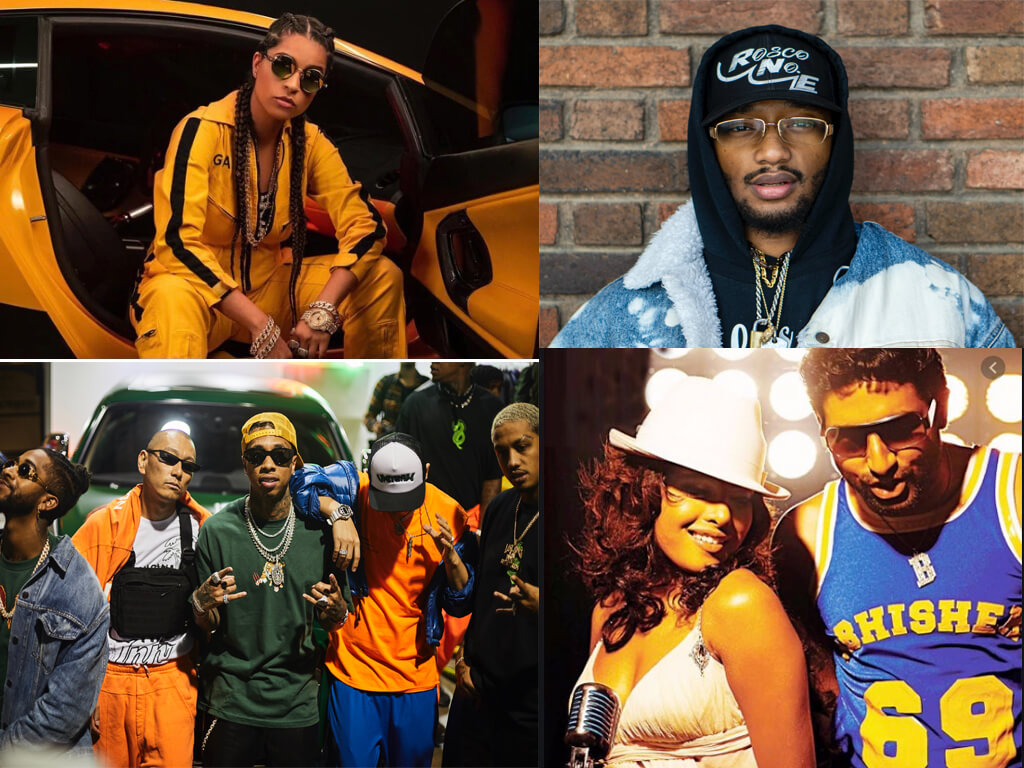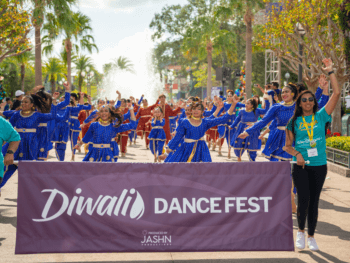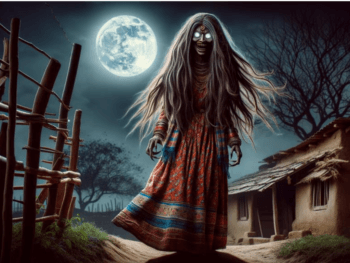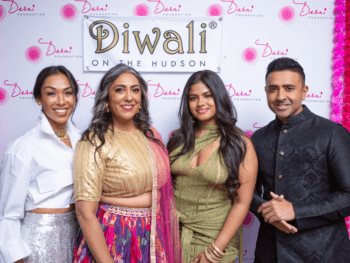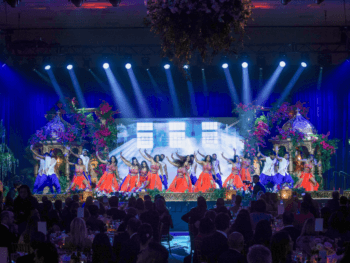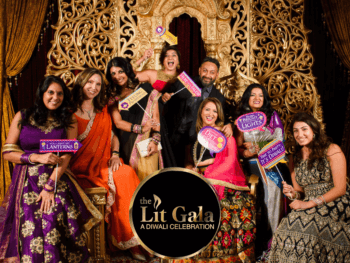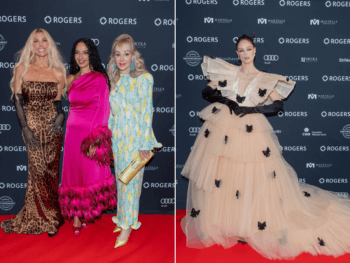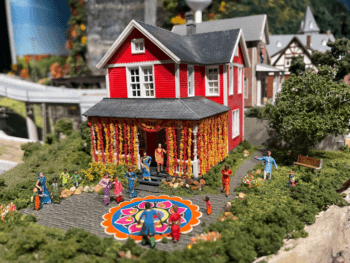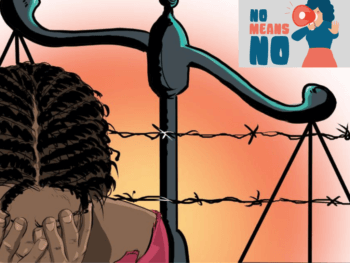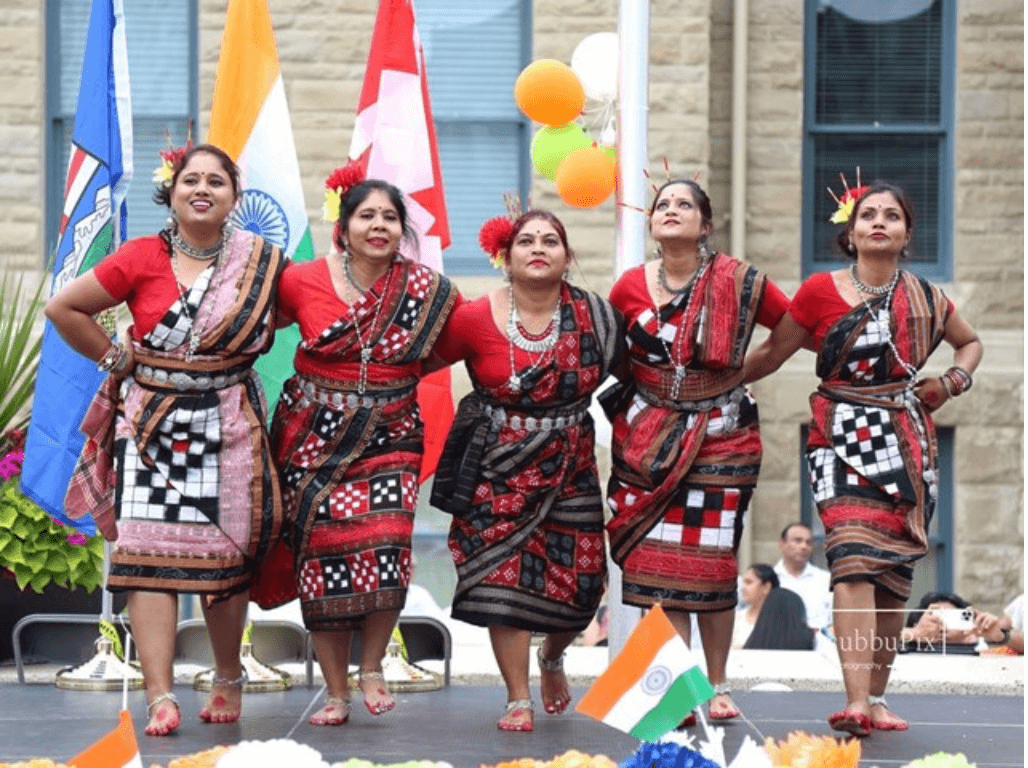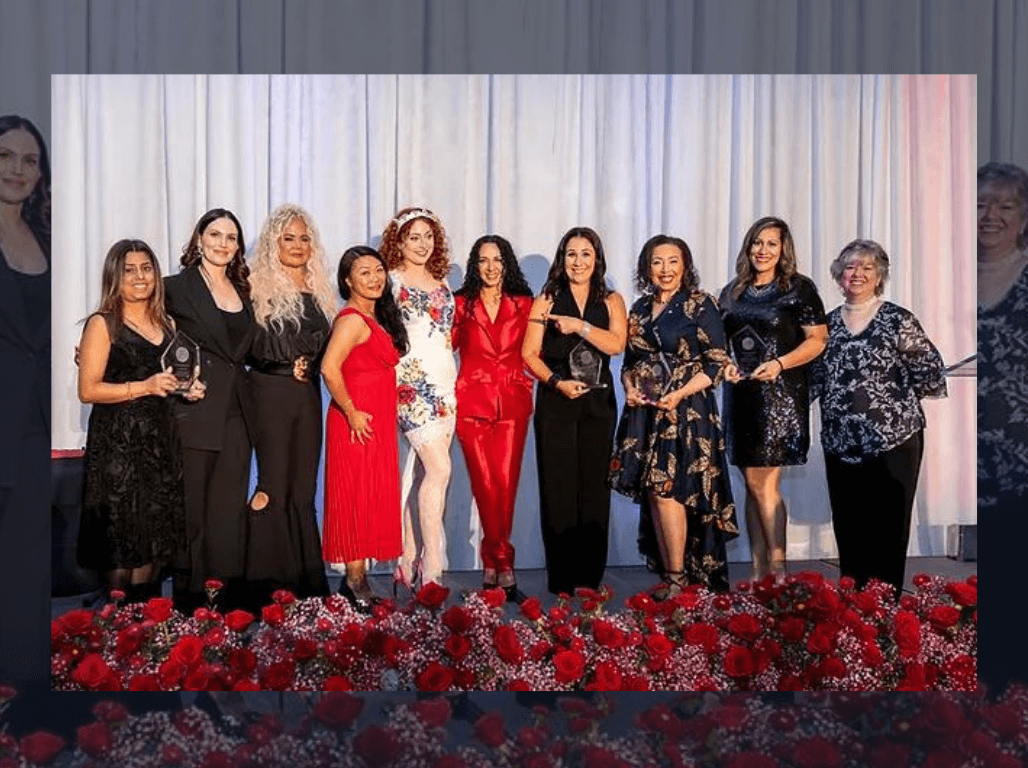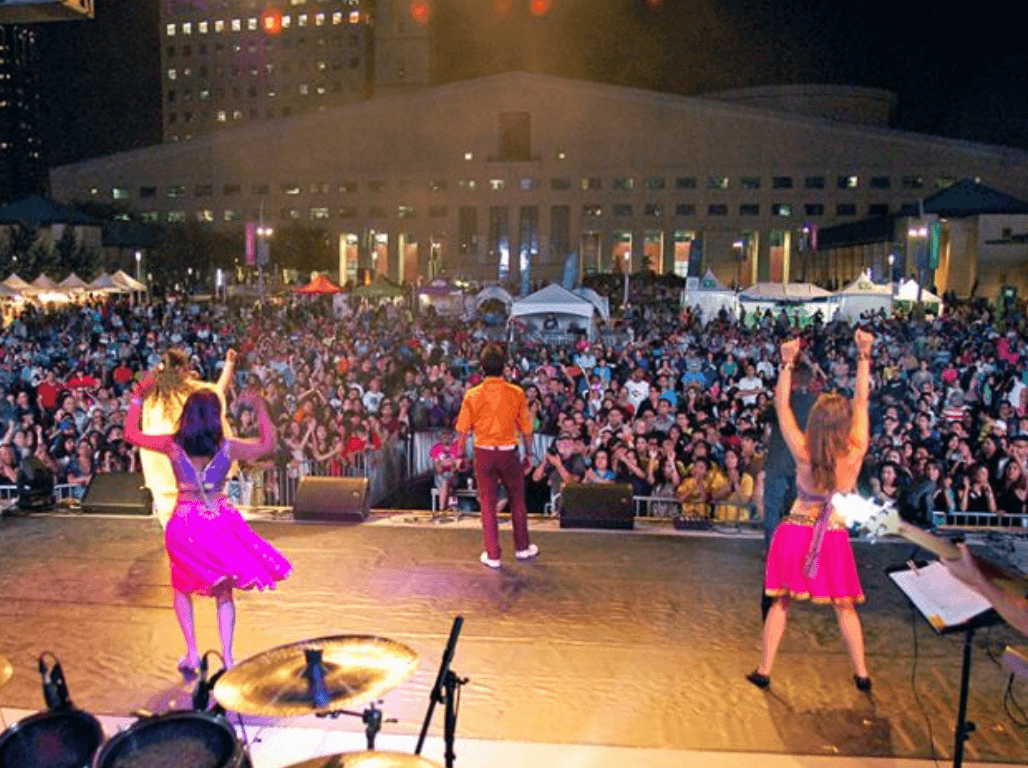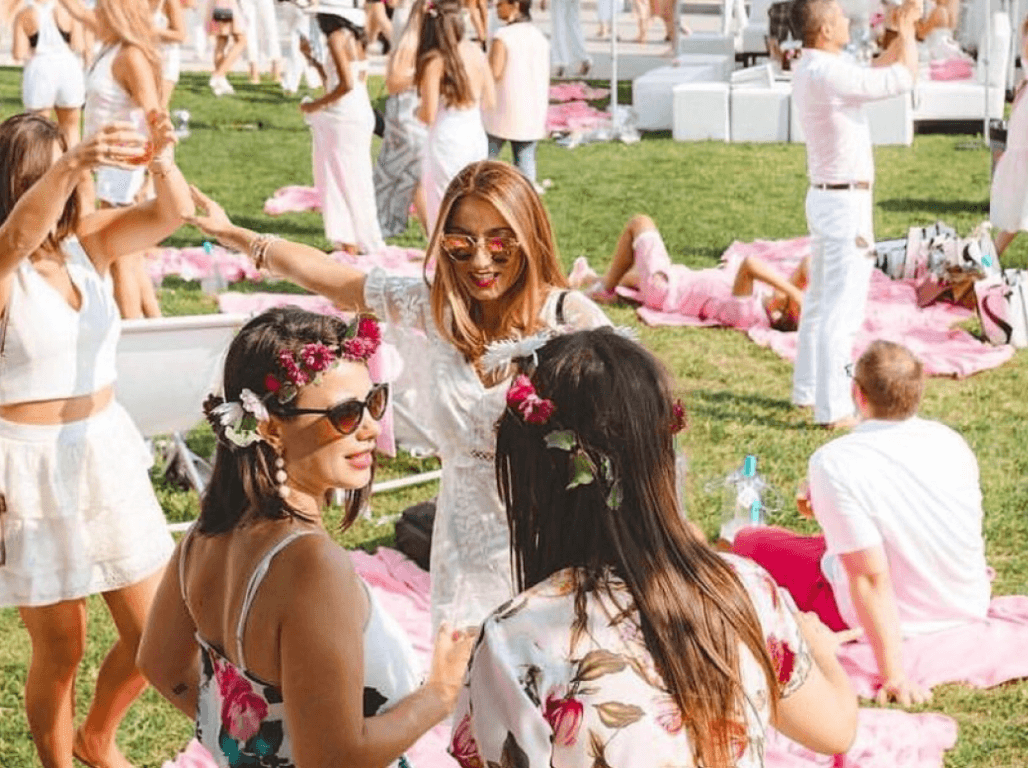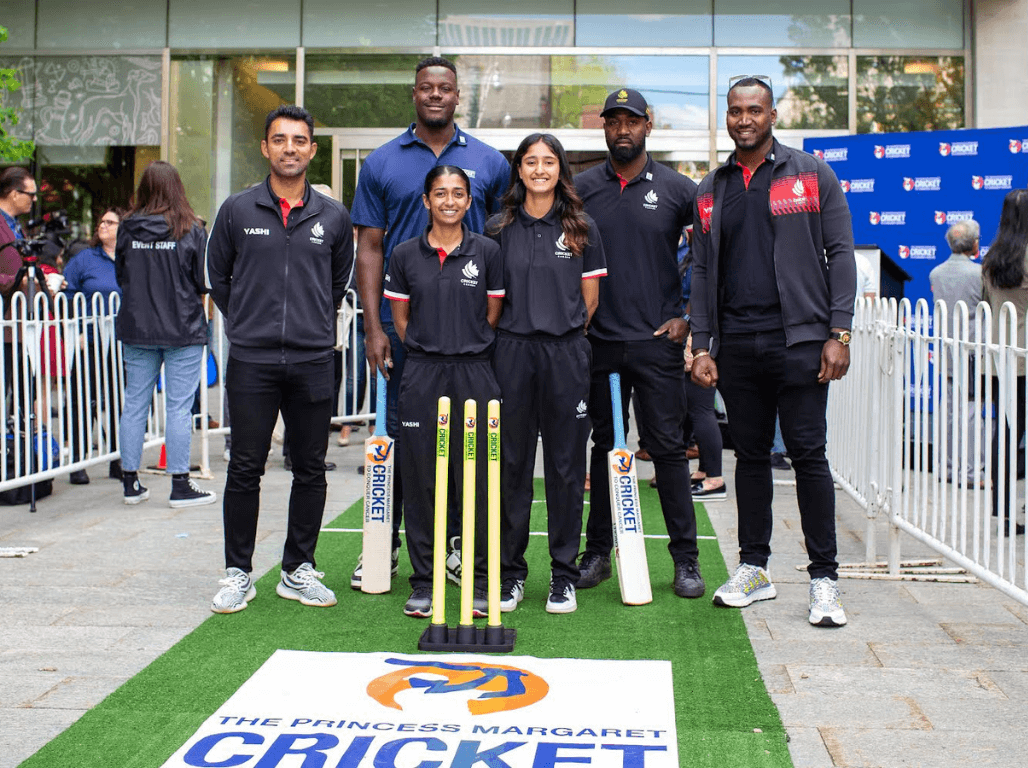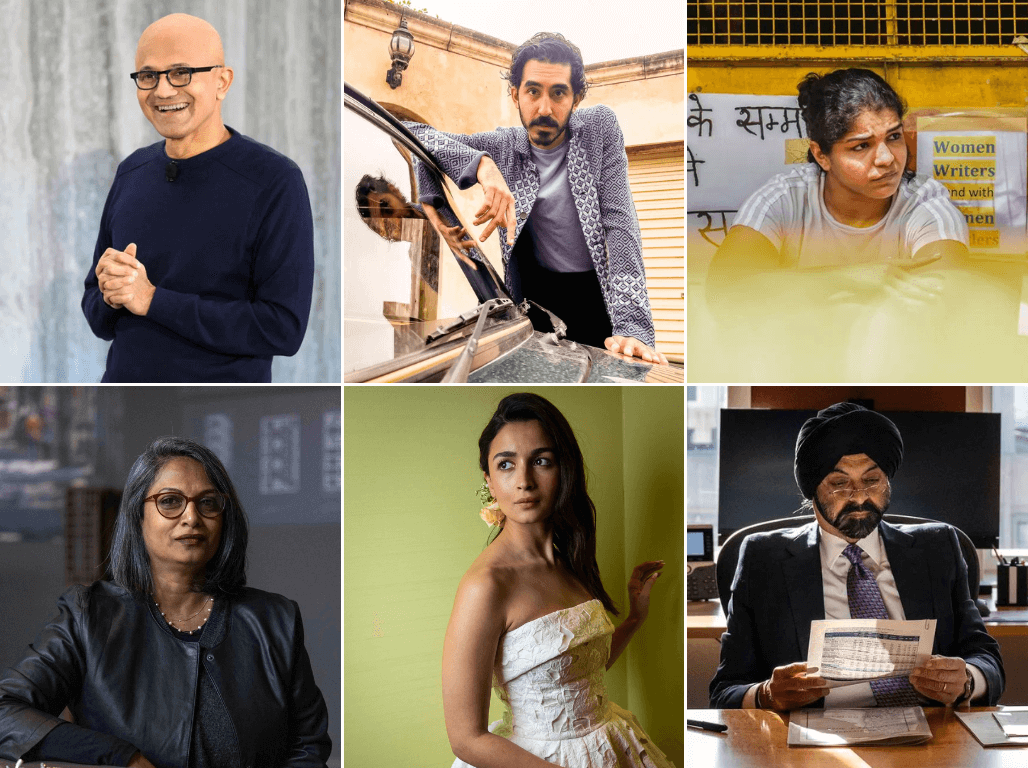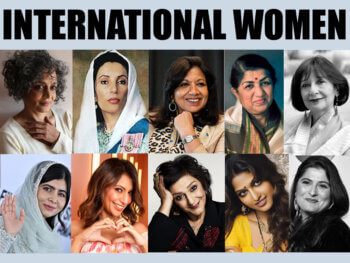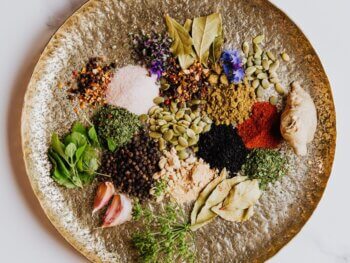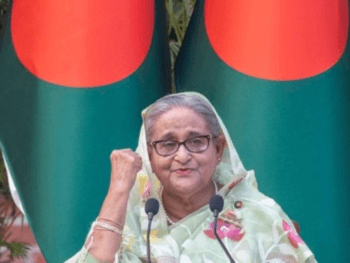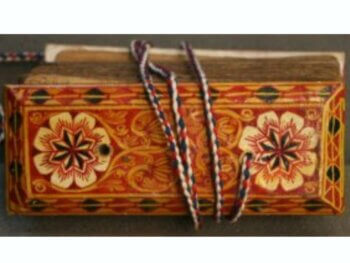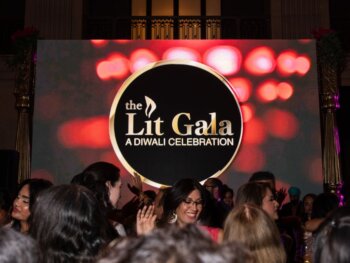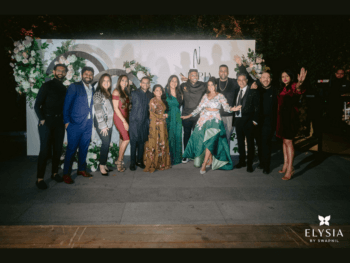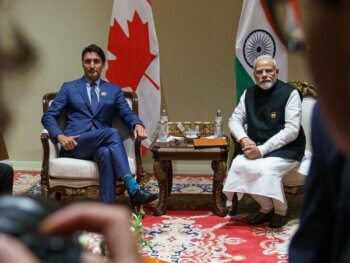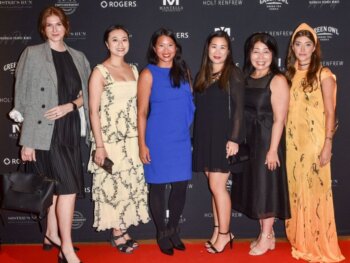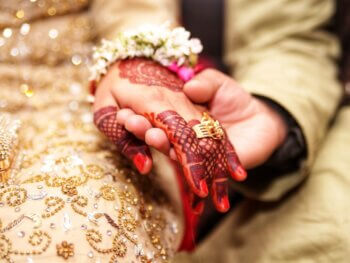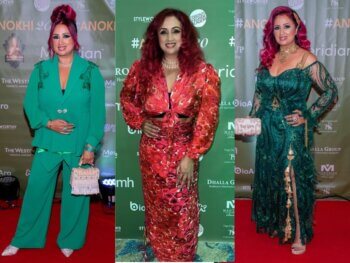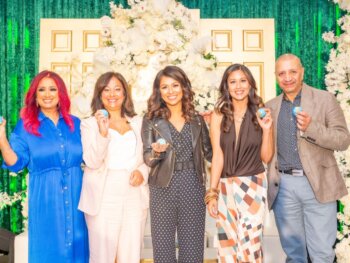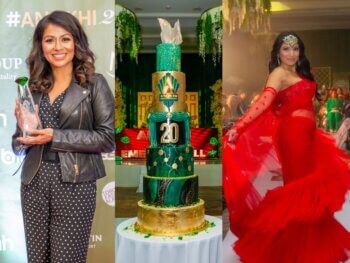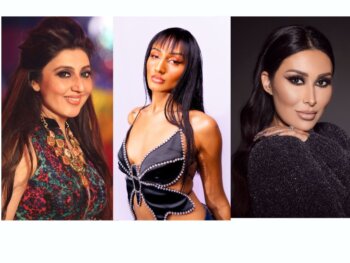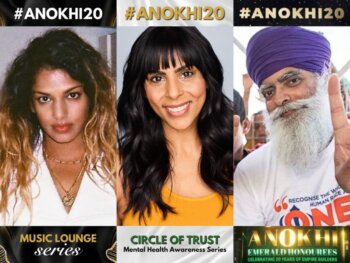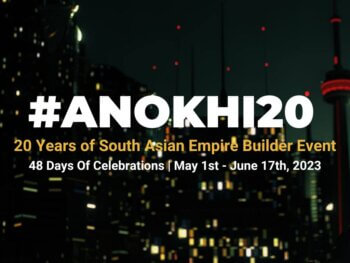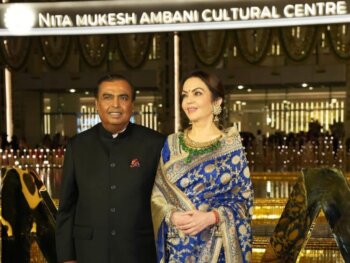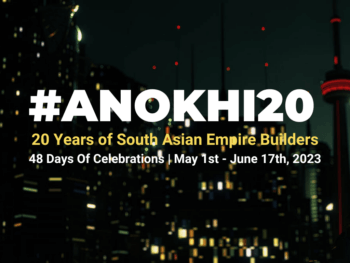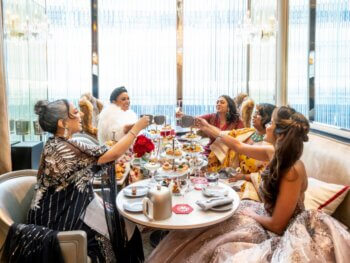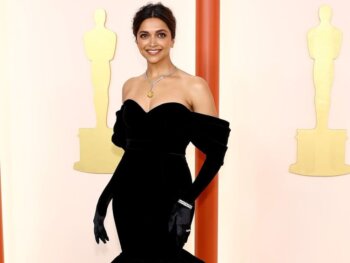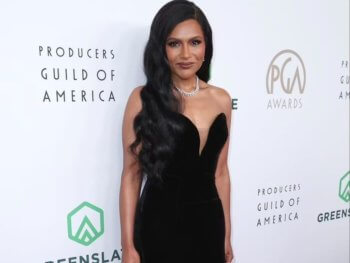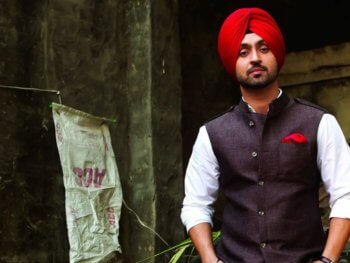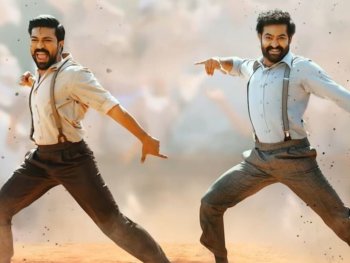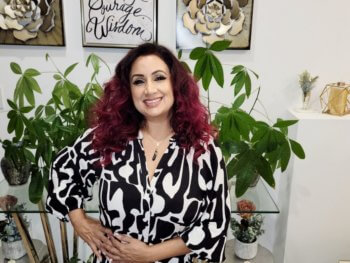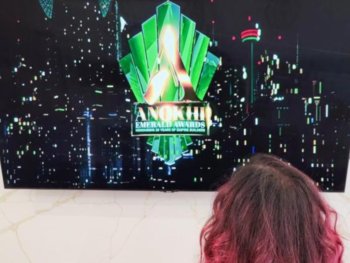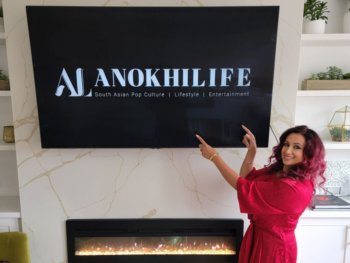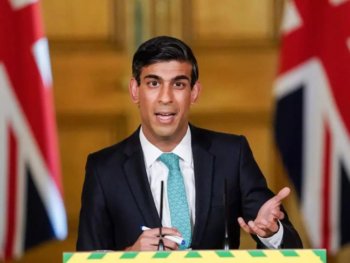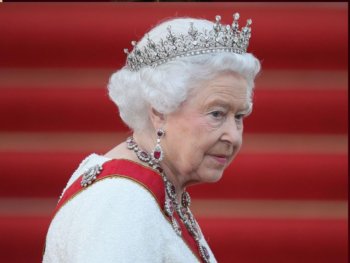We continue our holiday series: Our #ICYMI Stories Of 2020. In light of Black Lives Matter, we take a closer look at ourselves and how we view Black culture.
It has always been under my skin. I’ve seen it for years. And I keep asking myself this one question: why do Desis love to appropriate Black culture?
WHAT PISSES ME OFF: WE NEED TO STOP APPROPRIATING BLACK CULTURE
I know we aren’t alone. Black culture — whether it’s in the form of fashion, music and slang, has always been the subject of appropriation by the mainstream. For generations upon generations.
The appropriation hits a sore point for me because we as South Asians are not shy about our anti-Blackness. It’s engrained in our culture. While we aren’t accepting of a darker skin tone, or bringing home a Black significant other, that doesn’t stop us from stealing from their culture.
As of late, there has been plenty of long thoughtful essays addressing ways to fix our deeply rooted shadist culture. How the anti-Blackness is perpetuated through a generations-old, anti-dark mentality and continues to be supported in today’s environment with hefty sales of skin whitening creams and Bollywood’s treatment of the hero (fair), the accidental hero (darker skinned actor who wasn’t originally tagged to be the hero), and the villain (pretty much anyone else). And of course, there’s those darned matrimonial ads.
But now we are woke. Right? With our #BLM marches (and rightfully so!) and the digital activism with the various hashtags. Tears are shed. Hearts bled. And souls were enraged. Our voices have gone hoarse from calling out social injustices. As it should.
But we cannot rightfully be indignant about the persecution of Black people when we ourselves can’t seem to address the systematic racism that we practice. Why we are appropriating black culture when we don’t seem to support equality for our melanin-enriched brothers and sisters?
Here’s my caveat: To my West Indian Desi brothers and sisters. I’m not including you. Because technically that is your culture. You’re good. Keep doing what you’re doing.
As for the rest of our Desi community — listen up.
I know that the whole appropriation thing isn’t new concept.
I remember during my university days in early 90s when R&B and hip-hop ruled the radio waves, In Living Colour ruled the small screen and the highly-acclaimed biopic Malcolm X dominated the box office. As their way of showing solidarity to Malcolm X and the Black community, the Desi boys that I knew would sport the Africa tag, have a bit of a swagger in their step, and spit out rhymes like they were auditioning to be part of Public Enemy. Of course, I’m referring to a time when we didn’t recognize or understand cultural appropriation. Through the lens of that time it was genuinely observed as an honest gesture of appreciation and a reflection of the reverence that they had for the iconic Black political activist. Through today’s woke lens, it’s definitely far from it. The degree of appreciation for Malcolm X turned into a some serious appropriation of Black culture.
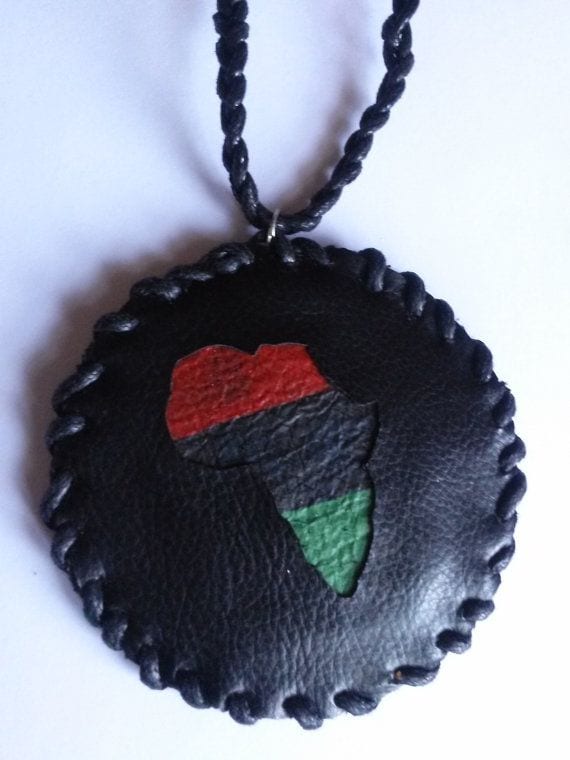
I have always had a problem with such appropriation. It always got under my skin. I understand when being part of a multicultural society as unique as it is here in Canada, various influences from different cultures blend together and create a magical mosaic of music, food, clothes and habits. And that’s beautiful. But the Black thing was quite specific to a certain segment of Desi boys. They would lean in so hard I myself had to question my sanity. “Am I going insane or do these guys actually believe that they are Black?” I would ask myself, This had nothing to do with class, education levels or the sort. The fondness for Blackness threaded through every socio-economic level, education and religion. It was just a brown thing … the desire to be Black.
I would watch these guys in their souped up low-riding cars blasting their music (with extra base of course) while all the other guys would hang out shuffling back and forth, pulling up their pants, and jangling their chains. Even at a wedding, while these guys are fully decked out in their kurta pajamas, they would fall right in, once their favourite hip-hop song was on — Blaccents and all.
And then there’s the argument of having Black adjacency. The perspective being that the idea of the wannabe-Blackness mentality is the result of being surrounded by the Black culture, through close Black friends and pop culture. An osmosis if you will.
That was one of the (very few) supporting arguments found on Twitter for Lilly Singh, while the majority of people dragged her Black cultural appropriation in her take on the classic dancehall “Badgyal Pull Up” video that came out a few months ago. Singh has always been appropriating Black speech, fashion and gestures. It was only noticed relatively recently by her mainstream audience and South Asian netizens alike, when she started her late night chat show. That was the first time the prime time-going public saw her speak at length in her own voice. And that’s when I noticed it as well. Could it be because she grew up in Scarborough, a multicultural suburb of Toronto that has a heavy Caribbean presence? Well, of course it is. But it shouldn’t be.
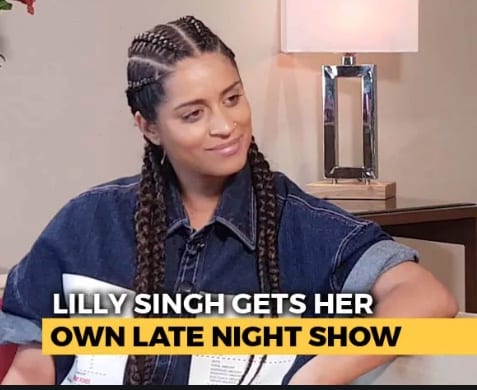
And she’s not alone.
When you take a look at the music scene, you see it everywhere. Especially when the South Asian artist is trying to break into the R&B, hip-hop (and even some Bhangra) genre of music. For some reason, these artists feel they need to dress the part. Every clichéd element of Black culture is represented in this case. It’s almost as if everyone is checking off all the boxes from the same list. Need chains? Check. Sunglasses? Check. Basketball Jersey? Check. Pouting lips, swinging fingers and hot car? Check, check and check. I can’t help but ask “Are they dressing for the job they want? Is that what’s happening here?”.
Bollywood is guilty too. When a rap/hip-hop element is part of the song well, guess what? Either the music video has a South Asian R&B artist making a cameo (in his full pseudo-Blackness of course), or the Bollywood star would start to appropriate the Black stance, speech patterns and dance, to really drive the point home.
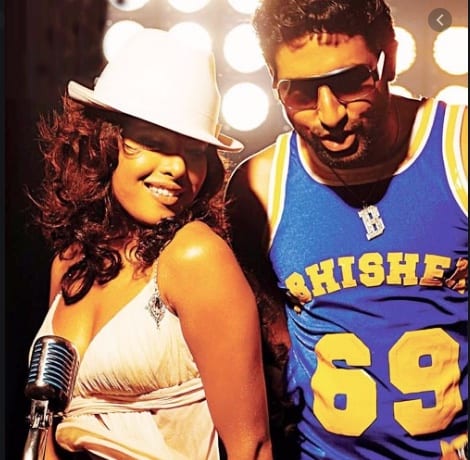
I’m not saying to be a robot and ignore all the wonderful multicultural elements that make up your world. Enjoy them. Be inspired by them. Learn from them. But understand this: There’s a difference between appreciating a culture and appropriating it.
You can appreciate Black culture. You can love their music. Love their clothes. Go ahead and be inspired by all that Black culture has to offer. Celebrate it along with your Black brothers and sisters. Personally speaking I LOVE my ’90s R&B for sentimental reasons. My level of appreciation extends to the production levels, their beats, the orchestration and the lyrics. But I know that I will need to check myself the minute I start ogling bamboo hoops online.
True, some of the Black hip-hop-specific lingo has been accepted as part of today’s general vernacular. Progress! Black fashion, specifically street-wear, sneaks and Athleisure are all now part of the mainstream day-to-day ensemble. Fantastic! We need to understand where appreciation ends and appropriation begins. That line of common sense and respect which separates the two needs to be identified and adhered to.
It’s time to know the difference.
Once we are honest and have come face-to-face with this type of cultural thievery that we have been skillfully practicing, then we can truly call ourselves the authentic ally that our Black brothers and sisters need … now more than ever.
Main Image Photo Credit: www.youtube.com (Bluffmaster), www.zimbio.com (Lilly Singh), Zach Vessels /Unsplash.com (top right), Dom Hill/Unsplash (bottom left)
Hina P. Ansari
Author
Hina P. Ansari is a graduate from The University of Western Ontario (London, Ontario). Since then she has carved a successful career in Canada's national fashion-publishing world as the Entertainment/Photo Editor at FLARE Magazine, Canada's national fashion magazine. She was the first South Asian in...


















































